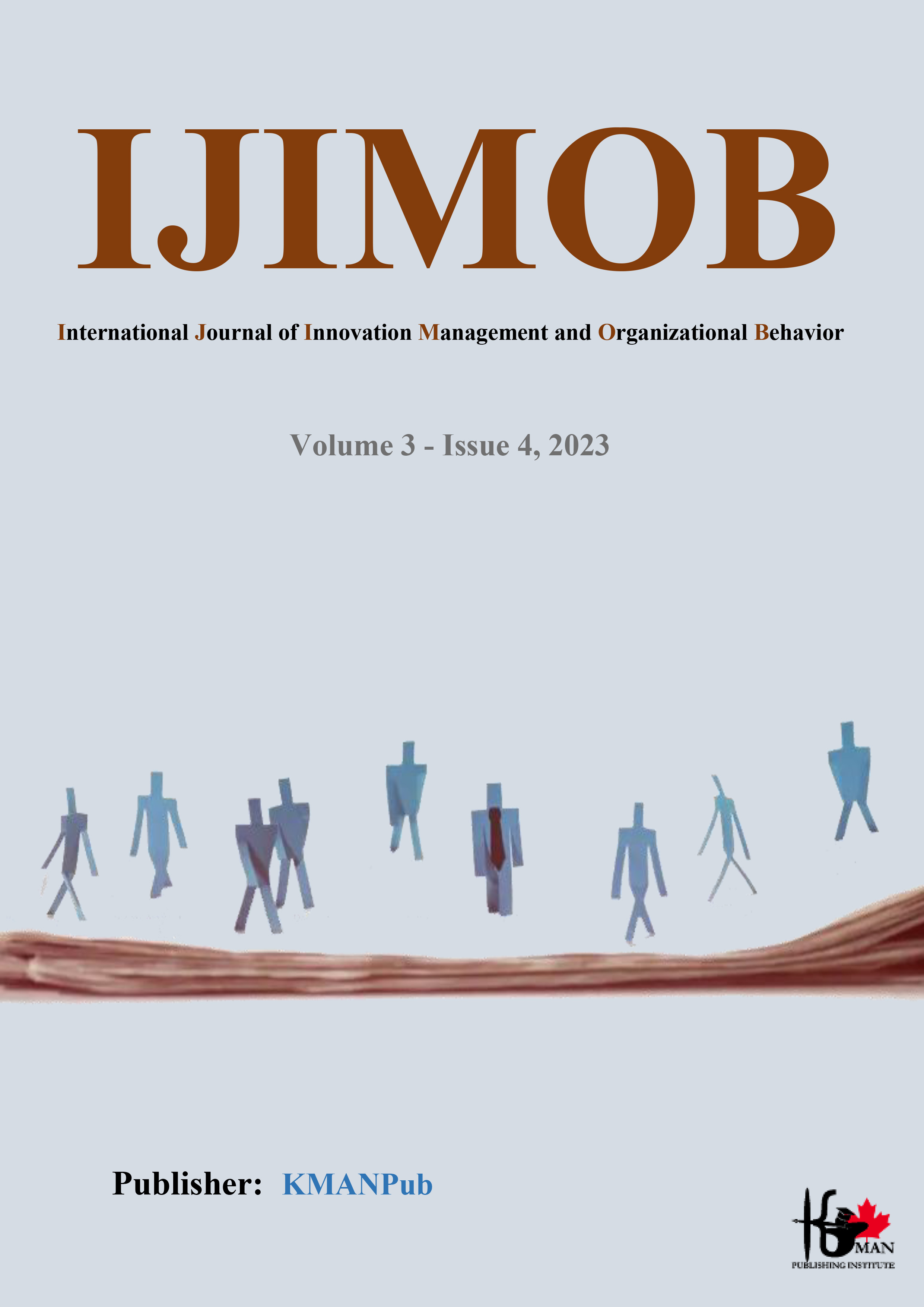Systematic Review of Organizational Trust Models
Abstract
Objective: Organizational trust is a multi-level concept and represents organizational members' assessment of organized or predictable systems regarding their competency in fulfilling their objectives and responsibilities and adhering to accepted ethical principles in dealings with stakeholders. Researchers believe that contemporary organizations are largely unable to sustain themselves without organizational trust. Consequently, the existence of a comprehensive organizational trust model that examines most components related to organizational trust is essential for organizations; through which they can increase their productivity and effectiveness by creating and developing organizational trust.
Method: In addressing this gap, this study, employing a systematic approach and the seven-stage framework of Petticrew and Roberts, and referring to scientific texts on organizational trust in the period of 1995-2022, attempts to clarify the conceptual understanding of the organizational trust construct, to review and summarize the conceptual models of organizational trust and their limitations, and to determine whether there is a gap in the organizational trust model or not. In examining 13,423 studies, only 63 focused on the construct of organizational trust. Furthermore, of these 63 relevant articles, only 6 presented a model of organizational trust, each with its strengths and limitations.
Results: Despite the increase in studies related to this construct, research has been scattered and lacks necessary integration. The limitations of the identified models briefly include presenting a model for trust in the organization or interpersonal trust instead of organizational trust, considering organizational trust as a one-way phenomenon or merely as a psychological category, most models being derived from literature reviews, models being limited to the relationship between a specific trustor and trustee, examining limited components in the model, and the impact of contextual factors on the model.
Conclusion: Therefore, it seems that despite several models of organizational trust, a comprehensive and complete model for this vital organizational construct has not been presented yet, and in the field of organizational trust studies, there is a lack of a model that comprehensively encompasses the components affecting organizational trust.
Downloads
Downloads
Additional Files
Published
Issue
Section
License
Copyright (c) 2023 Arezoosadat Hashemiamin, Gholamreza Malekzadeh, Yaghoob Maharati, Mohammad Mehraeen (Author)

This work is licensed under a Creative Commons Attribution-NonCommercial 4.0 International License.
















